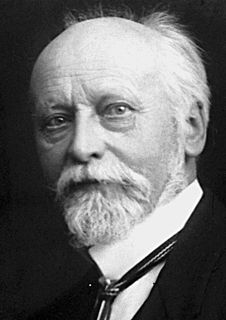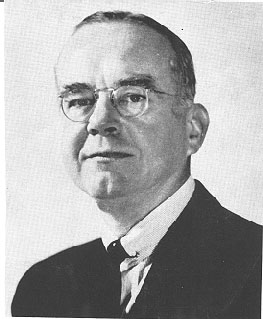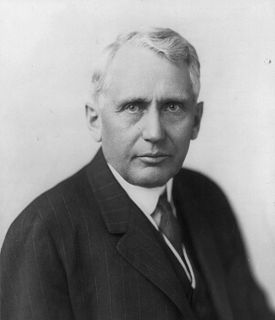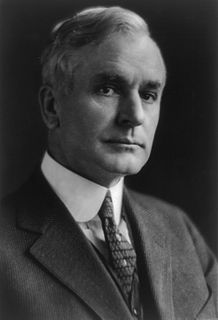A Quote by Ludwig Quidde
So long as peace is not attained by law (so argue the advocates of armaments) the military protection of a country must not be undermined, and until such is the case disarmament is impossible.
Quote Topics
Related Quotes
First of all, let me give my comments on the blasphemy law. This law was introduced by the military dictator General Ziaul Haq. No one demanded the blasphemy law in Pakistan. But he wanted to give protection to his undemocratic rule, dictatorship, by using religion. So Pakistan came into being in 1947, and from 1947 until 1986 no case against any minorities was registered under the protection of the blasphemy law. Nobody from minorities was killed and no act of violence happened [against them].
I am firmly convinced that in the world of today all nations will be forced to the conclusion that cooperation for law, justice, and peace is the only alternative to a constant race in armaments-including atomic armaments-and to other disruptive practices that will bring the nations participating in them on either side to a common ruin, the equivalent of universal suicide.
There never was a law yet made, I conceive, that hit the taste exactly of every man, or every part of the community; of course, if this be a reason for opposition, no law can be executed at all without force, and every man or set of men will in that case cut and carve for themselves; the consequences of which must be deprecated by all classes of men, who are friends to order, and to the peace and happiness of the country.
The time has come for those nations that rely on the force of nuclear armaments to respectfully heed the voices of peace-loving people, not least the atomic bomb survivors, to strive in good faith for nuclear disarmament and non-proliferation, and to advance towards the complete abolishment of all such weapons.

































